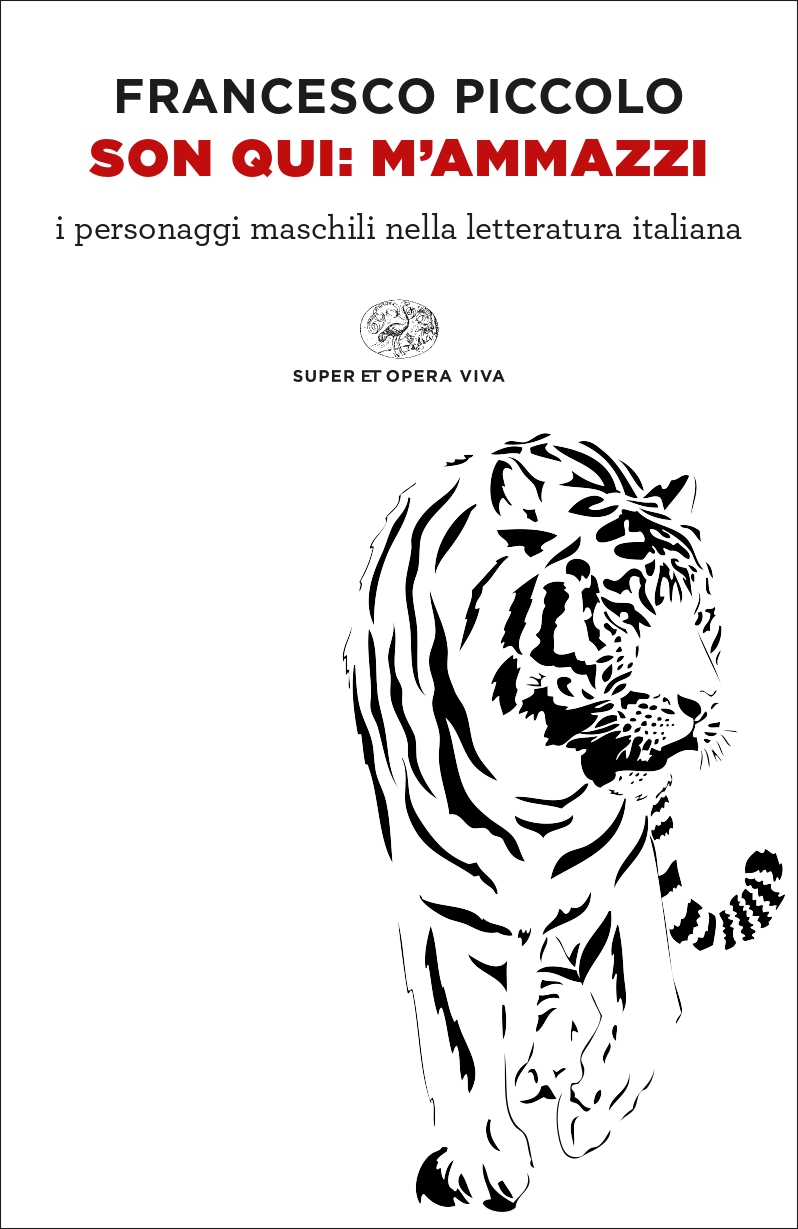Author:
Francesco Piccolo
Publisher:
Einaudi
Release Date:
21-01-2025
If the impression we have of men is that they are powerful, arrogant, violent, selfish and ravenous, then there will also be traces of these men in the key works of our literature, those that have in some way helped to consolidate a certain idea of the male. Starting from the foundations, from the seventh novella of the eighth day of the Decameron, in which Boccaccio stages the merciless revenge of the young schoolboy Rinieri, who, mocked and rejected by a comely widow, punishes her by making sure that she can no longer boast of her own attractiveness. The moral: if one hurts the male, it is not unfair to be scarred for life. How not to think about our present. And how can we not think about it when reading about Zeno’s marital vicissitudes, which Svevo writes about. Zeno Cosini, arrogant and fragile at the same time, irrational who pretends to be thoughtful, but above all, like any self-respecting man, moth-eaten by desire, which once planted in his head never lets go and makes him make the most foolish and thoughtless gestures. And then again Manzoni’s Innominato, Tomasi di Lampedusa’s Prince of Salina, Verga’s ‘Ntoni, Brancati’s Antonio, Fenoglio’s Milton and other males, all always the same, cowardly and furious, jealous and violent, at the centre of novels that have built the canon of Italian literature. Because who we are has to do with family, education, the world we grow up in, but also with the books we read.

